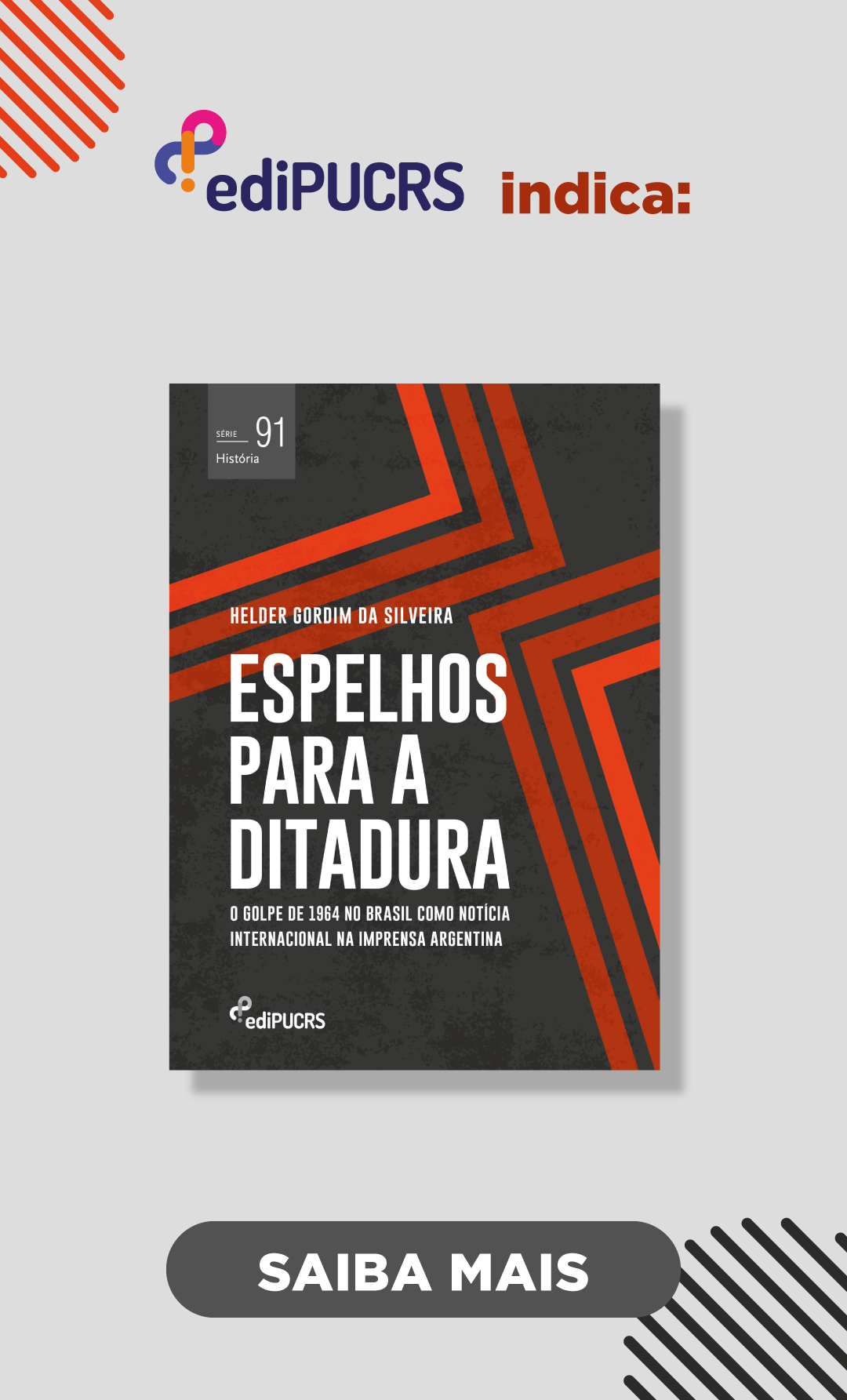Materials against mutability: the case of deaf-mute pottery in the records of Freire Alemão in Ceará (1859-1861)
DOI:
https://doi.org/10.15448/2178-3748.2020.1.36692Keywords:
Sensory archeology. Phenomenology. Traveler. Deaf-mute. Ceramics.Abstract
Archeology has been going through a period where its relationships with its research object, materials, are being updated. In the situation in question, we intend to analyze, from the sensorial-phenomenological bias, the specific interaction between a single utilitarian crockery, the materials that result from it, and its maker, a silent pottery. It is argued, based on studies of the Deaf / Muda culture, that the condition of the potter actually contributes to an improved development of other senses that help to explain the peculiarity of its production - a fact that goes unnoticed by its Freire Alemão. Reinforcing this proposition, an analysis is based on the narrative of the author on; the process of producing popular crockery; the system of good manners that required the renovation of sets of dishes; and the context of European and local ceramic trade, import and production in Ceará. The intention is to highlight the production of this dish” Deaf-mute” as a form of communication and expression in a world where the concept of Deaf / Muda culture did not yet exist.Downloads
References
ALEMÃO, Francisco Freire. Diário de viagem de Freire Alemão: Fortaleza – Crato: [s. n.], 1856. (Fac-símile) Fortaleza: Museu do Ceará, Secretaria de Cultura do Estado do Ceará, 2006.
BEZERRA, Ana Paula Gomes. Capitalismo e elite no Ceará: produção, distribuição e consumo de louças europeias em Aracati (1850 a 1890). 2015. (Dissertação de Mestrado) – Estrado Acadêmico em História, Universidade Estadual do Ceará, 2015.
BURKE. Peter. Hibridismo Cultural. São Leopoldo: Ed. UNISINOS, 2008. (Coleção Aldus 18).
CONSTANTINO, Núncia Santoro de. Relatos de Viagem como fontes à História. Porto Alegre: EDIPUCRS, 2012.
HEIDEGGER, Martin. Poetry, Language, Thought. New York: Harper & Row. 1971.
HOLBRAAD, Martin. Ontology, ethnography, archaeology: na afterword on the ontography of things. Cambridge Archaeological Journal. Cambridge, v. 19, n. 3, p. 431-441, Oct. 2009. https://doi.org/10.1017/S0959774309000614.
LADD, Paddy. Understanding Deaf Culture: in search of deafhood. Clevedon: Multilingual Matters LTD. 2003. https://doi.org/10.1017/S0959774309000614.
LADD, Paddy. Em busca da Surdidade I. Colonização dos Surdos. Tradução Mariani Martini. Lisboa: Surd”Universo, 2013.
MACEDO, Antonio Luiz. Introdução. In: ALEMÃO, Francisco Freire. Diário de viagem de Freire Alemão: Fortaleza – Crato: [s. n.], 1856. Fortaleza: Museu do Ceará, Secretaria de Cultura do Estado do Ceará, 2006. (Fac-símile).
MINUZZI, João Davi Oliveira; TOMAZI, Taís Giacomini. Limites e possibilidades no uso de fontes históricas: batismos, inventários e relatos de viagem. História: Unicap, Recife, v. 3, n. 6, jul./dez. de 2016. https://doi. org/10.25247/hu.2016.v3n6.p337-350.
PADDEN, Carol A.; HUMPHRIES, Tom L. Inside Deaf Culture. Cambridge: Harvard University Press, 2005.
ROCHE. Daniel. História das coisas banais, o nascimento do consumo séc. XVII-XIX. Rio de Janeiro: Rocco, 2000.
SCHEUER, Herta Loëll. Estudo da cerâmica popular do Estado de São Paulo. São Paulo: Conselho Estadual de Cultura, 1976.
SCHEUER, Herta Loëll. A Tradição da Cerâmica Popular. Escola de Folclore: Ed. Livramento, 1982.
SCHWARCZ, Lilia Moritz. Introdução. In: ROQUETTE, J. I. Código do Bom-Tom: ou Regras da civilidade e de bem viver no século XIX. São Paulo: Companhia das Letras, 1997.
SOARES, Fernanda Codevilla; Corção, Mariana. Bom gosto à mesa: cultura material e distinção social no Brasil do século XIX. Clio. Série Arqueológica (UFPE), Pelotas, v. 27, p. 33-62, 2012. https://doi.org/10.15448/2178-3748.2015.2.21902.
TEIXEIRA, Karoline Viana. Percepções e limites do fazer científico: o caso da Imperial Comissão Científica de Exploração (1859-1861). Oficina do Historiador, Porto Alegre, EDIPUCRS, v. 8, n. 2, p. 43-59, jul./dez. 2015.
Downloads
Published
How to Cite
Issue
Section
License
Copyright (c) 2020 Oficina do Historiador

This work is licensed under a Creative Commons Attribution 4.0 International License.
Copyright
The submission of originals to Oficina do Historiador implies the transfer by the authors of the right for publication. Authors retain copyright and grant the journal right of first publication. If the authors wish to include the same data into another publication, they must cite Oficina do Historiador as the site of original publication.
Creative Commons License
Except where otherwise specified, material published in this journal is licensed under a Creative Commons Attribution 4.0 International license, which allows unrestricted use, distribution and reproduction in any medium, provided the original publication is correctly cited.





